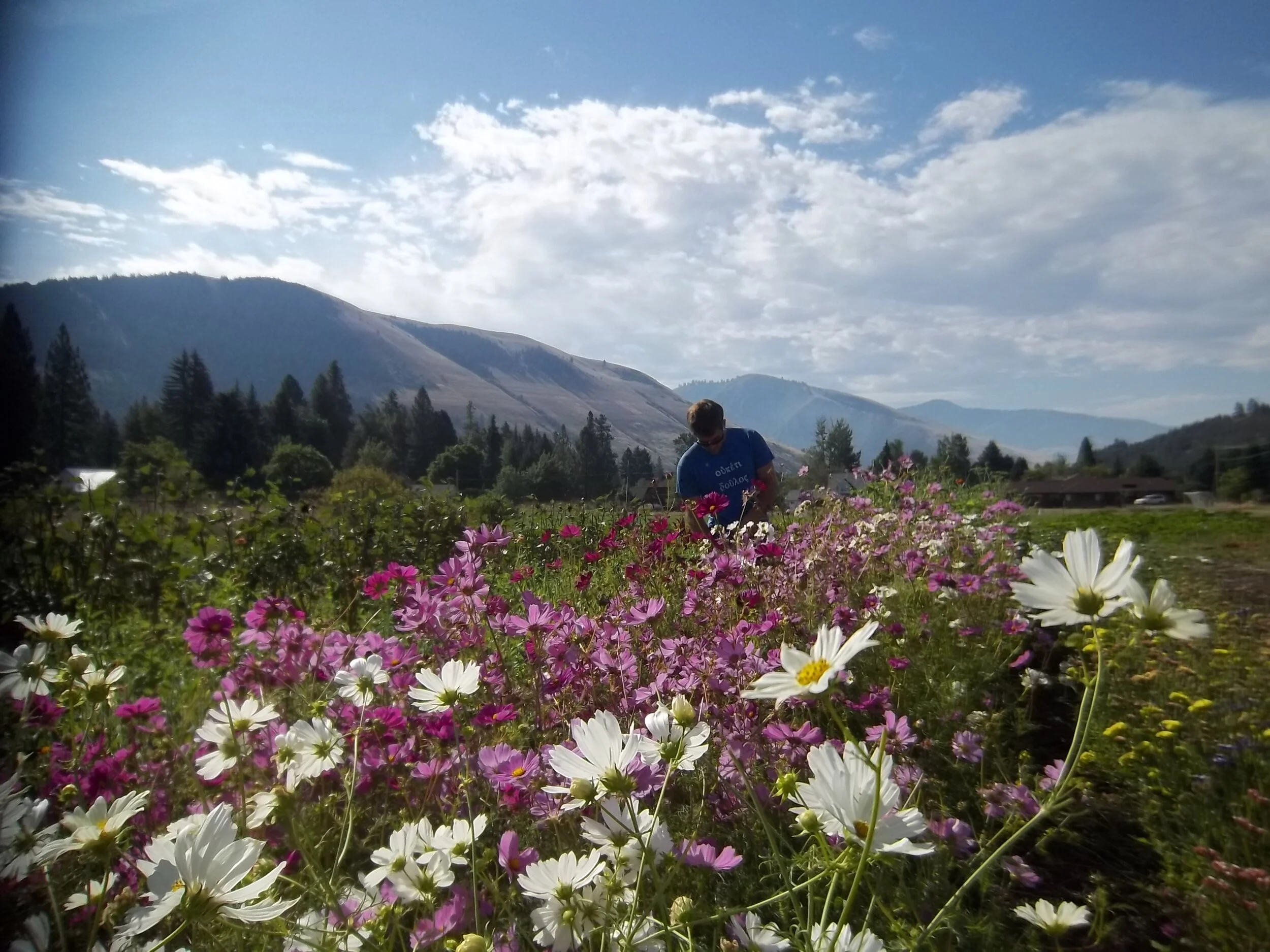In this video Community Education Coordinator, Alexandra Brown, walks through the basics of blanching vegetables for winter storage.
Read MoreIf you are living the CSA farm share dream, you know that the day before the next pickup is the day to get last week's produce dealt with. For many CSA newcomers, it is a time when guilt comes into play. For whatever reason (too many take out burrito nights, not loving the third week of kale, etc.) there are veggies left over that need to be used.
Read MoreFarmer Caroline, PEAS Farm Lecturer, loves making pickles during the summer. She says it can be so refreshing especially when you work outside in the heat and need to hydrate. Eating pickles replenishes that salt into your body. They are an ideal farmer’s snack.
Read MoreThe brunt of many a joke, zucchini often go unappreciated. People tell stories of neighbors sneaking excess zucchini into unlocked cars, garages, or front porches. They are prolific! However, to me zucchini are the harbinger of summer.
Read MoreWe’ve gathered some of our most frequently asked questions and put them into a one-stop-shop blog post. Whether you are a CSA farm share veteran or someone just considering purchasing your first share, we have all your questions answered here!
Read MoreIt is fall, a time when our farmers and many of our gardeners are clipping their onions from where they’ve been hanging (barns, basements, garages, closets. . .with fans blowing their skins dry) for a month or so. Brook Arteiniega, who worked with us this summer, tells the story of this anti-fungal, storage-friendly, object of worship.
Read MoreFrom the lesser known cutting celery to your basic parsley — Farmer Caroline covers fresh herbs and encourages you to have fun and experiment with these delicious cooking elements!
Read MoreWhether you are cutting flower at the farm, garden, or in your own backyard, there are some tips you should know about when and how to cut them. If you do it right, cutting your flowers will actually be good for the plant and encourage flower production. Do it wrong, and you can reduce the number of flowers produced.
Read More








